How much time do you spend playing with your kids each day? For many parents around the world, spending daily time with their kids isn’t automatic.
In Armenia, see how we’re training parents to be more engaged in their children’s lives … and how the children are responding.
* * *
When I was growing up, having an adult make time for me made me feel valued and important. If they took the time to play with me or made room for me to work alongside them, they entered hero status in my young life.
One of my favorite activities as a child was having stories read to me. My parents did. My grandmother did. My teachers did, and in a pinch, I even read along to stories that were on records. I still remember the sound of Tinkerbell’s stardust that told me when to turn the pages.
I also remember doing arts and crafts projects with my mom and sometimes with babysitters. Looking back, I realize how busy they were, and still they made time for me within their hectic schedules.
So imagine my surprise when I visited rural Armenia a few months ago and learned that carving out time to spend with children isn’t a universal parenting value.
When parents don’t have enough food, any running water, or even a way to warm a house, they’re not focused on quality time with their kids. But World Vision’s sponsorship programs try to address all of these issues — bringing in water where it’s needed, working with parents on new economic opportunities, and teaching parents about the positive impact of time focused on their children.
I met parents whose mindsets had changed as a result of World Vision’s classes.
But it was the children’s faces that really demonstrated the impact. Their delightful looks showed their intelligence growing under their parents’ tutelage.
Ani, a 28-year-old mother of four, learned skills from a World Vision child development program.
“Before, I didn’t know how to make simple toys and didn’t spend much time with the children. Now I’m busy with them most of the time, and we go outside so they can play. I know that’s important for them,” Ani says.
World Vision gave the family educational books, including fairy tales and books about animals that she reads with them.
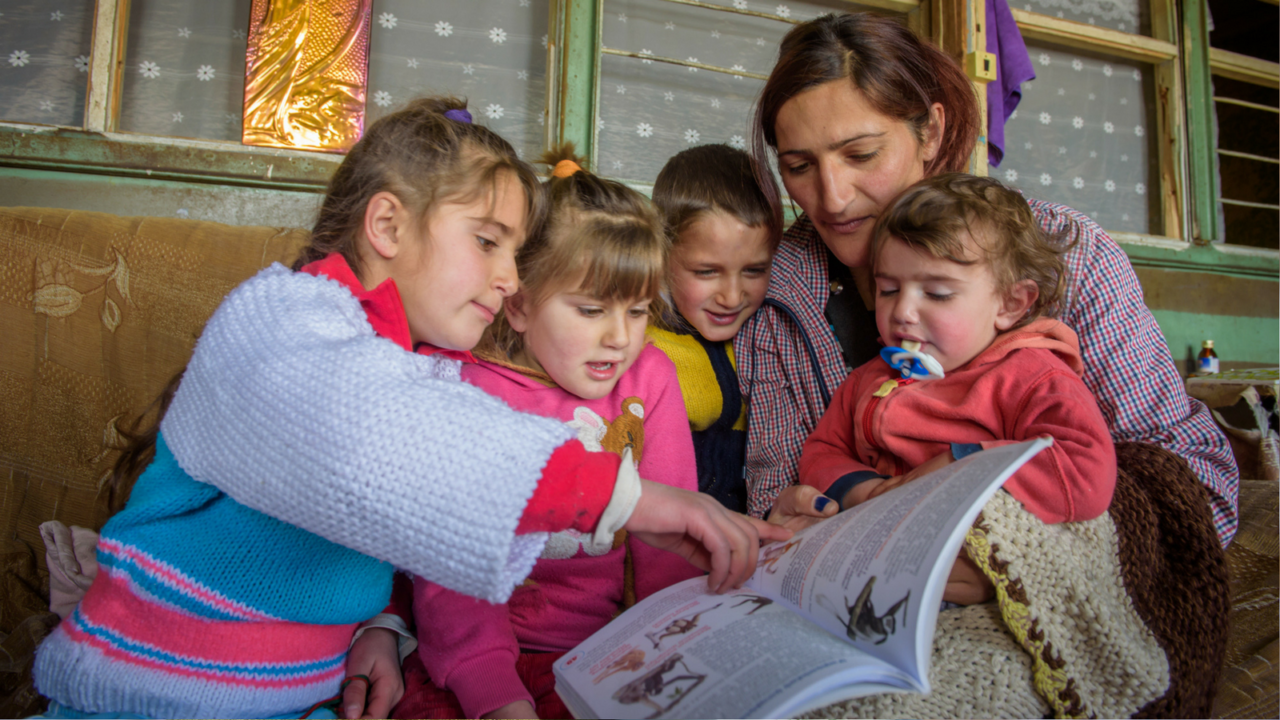
Metaksya is a 25-year-old mom with two daughters, including 3-year-old Mara who has cerebral palsy. World Vision taught Metaksya how to best support Mara.
“I became more patient and attentive … I build them up to keep them closely connected to me,” says Metaksya.
She continues: “I also learned about working with children like Mara, who have illnesses — that she needs extra patience. I try to be aware of how she’s feeling to keep her calm. When she gets nervous, it’s hard for her to do things, and she is discouraged.”
And as she sat with both her girls at a table to draw with pencils that World Vision had provided, I saw her demonstrate this new approach.
“When you pay attention to them, they respond well; they love it. From the sessions, I learned how important it is to spend time in activities with the children to create confidence between parent and child. Now I do this and I know why,” says Metaksya.
Parents like Ani and Metaksya are changing, not only their own children’s futures, but also potentially the future of their country. Their children will grow up knowing their value, and who knows the kind of far-reaching impact that might have.
Help support parents and the futures of their children in Armenia! Sponsor a child in Armenia today.
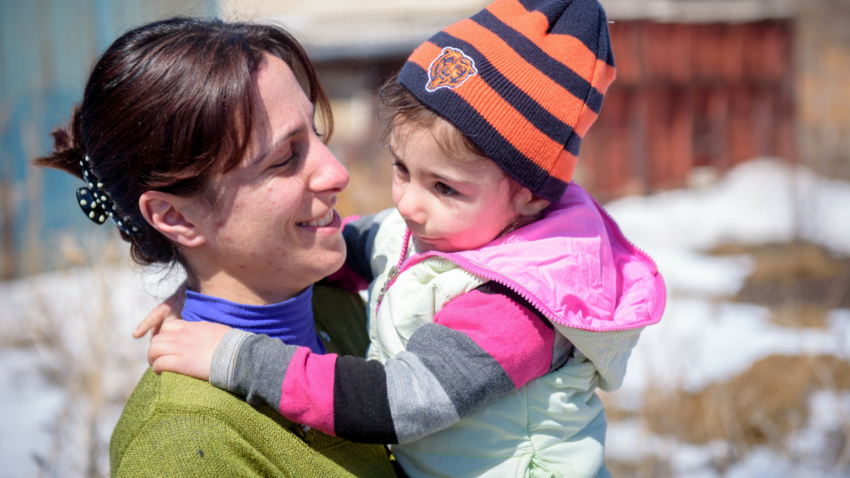
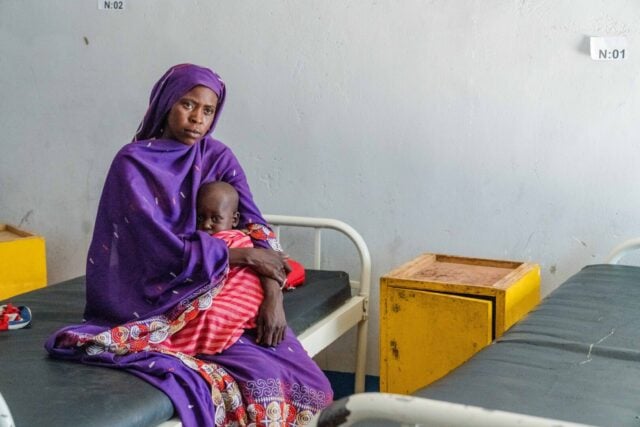

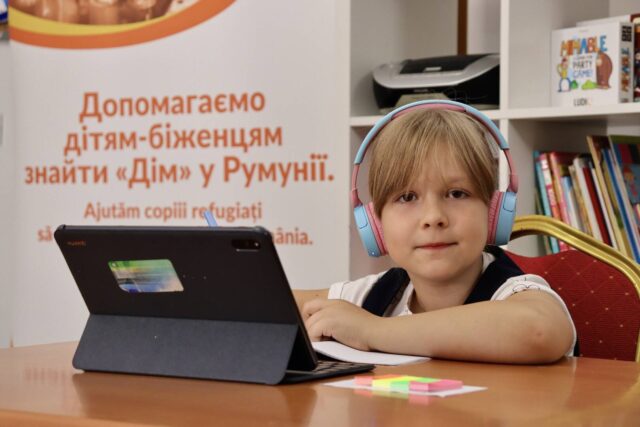
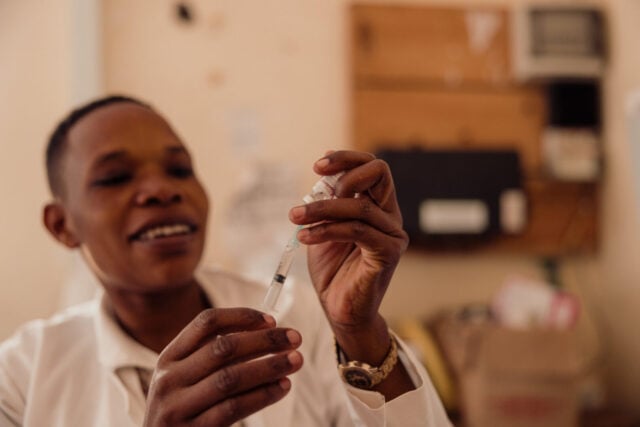
Comments